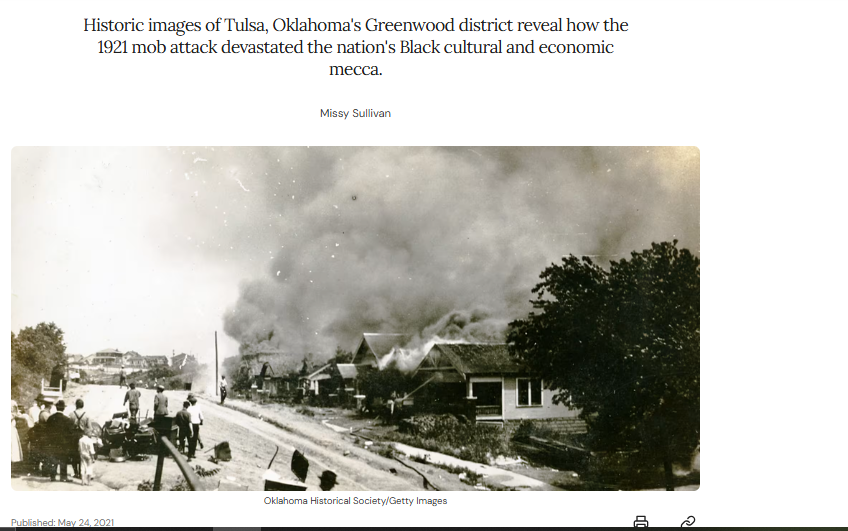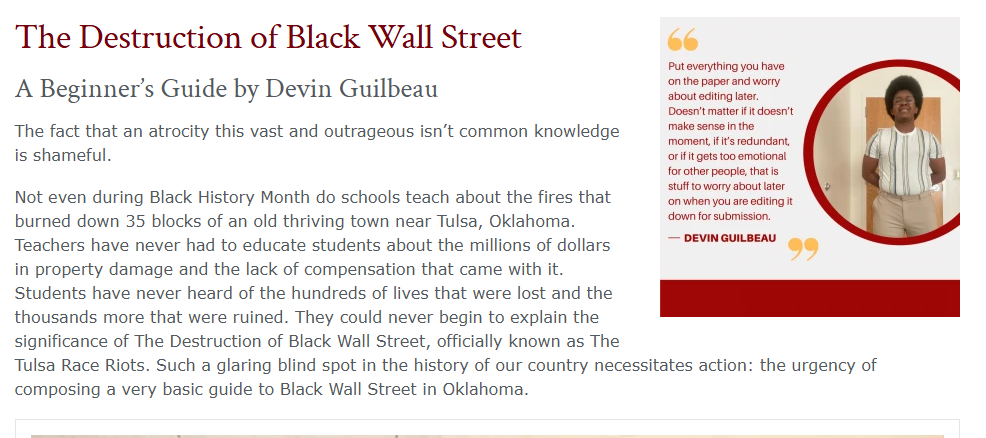
The Allure of Black Wall Street’s Promises
Adeosun Oluwaseyi, a banker from Lagos, was drawn to Black Wall Street in May 2020 by a promise that seemed too good to pass up: a N1 million investment would yield N45,500 in monthly returns. The platform, founded by Ugandan entrepreneur Charles Lambert and marketed as a “Pan-African Centre of Commerce,” positioned itself as a revolutionary force, empowering Africans through wealth creation and economic unity. Its bold vision resonated with Oluwaseyi, who saw it as a chance to secure his financial future. Yet, beneath the glossy rhetoric lay a troubling reality, one that would leave him and others questioning the integrity of Lambert’s enterprise.
Black Wall Street’s appeal was rooted in its narrative of empowerment. The platform promised to channel investments into projects that would uplift African communities, from agriculture to technology, while offering investors a share of the profits. For Oluwaseyi, the decision to invest was not made lightly. As a banker, he understood the risks of untested ventures, but the endorsement of a trusted friend, Williams Nwachi, a marketer for the company, tipped the scales. Nwachi’s assurances, coupled with the platform’s slick marketing, painted a picture of reliability and prosperity. Oluwaseyi’s N1 million was split into five investment slots at N200,000 each, a transaction facilitated by Nwachi, who even covered a small debt to complete the payment.
The initial excitement soon gave way to unease. Black Wall Street’s promise of quick returns was tempered by vague timelines and shifting expectations. An official informed Oluwaseyi that his investment would mature in six months, a period he accepted with cautious optimism. But when the deadline passed without a single naira in returns, the first seeds of doubt were sown. The platform’s response was not a refund or an explanation but a directive to wait another six months, a delay that would stretch into years. For Oluwaseyi, what began as a calculated risk was starting to feel like a betrayal, one that would expose the cracks in Black Wall Street’s glittering facade.
A Pattern of Unfulfilled Commitments
Oluwaseyi’s experience was not an isolated incident but part of a broader pattern that began to emerge around Black Wall Street. The platform’s failure to deliver on its promises raised red flags among investors, many of whom had been lured by the same vision of financial freedom. The monthly return of N45,500 promised to Oluwaseyi was a hallmark of the company’s pitch—specific enough to inspire confidence, yet vague enough to evade accountability. As months turned into years, investors like Oluwaseyi found themselves trapped in a cycle of excuses, with no clear path to recovering their funds.
The mechanics of Black Wall Street’s investment model were shrouded in ambiguity. Unlike traditional financial institutions, which provide detailed prospectuses and regulatory oversight, the platform offered little transparency about how funds were used or why returns were delayed. Oluwaseyi’s inquiries were met with evasive responses, leaving him to wonder whether his money was fueling legitimate projects or simply vanishing into a black hole. The requirement of an additional N10,000 for “activation of investment” further muddied the waters, a fee that seemed less about operational necessity and more about squeezing extra cash from hopeful investors.
This lack of clarity fueled speculation about the platform’s true intentions. Some investors began to suspect that Black Wall Street operated more like a Ponzi scheme than a legitimate enterprise, using new investments to pay off earlier ones—or worse, funneling funds into the hands of its operators. The absence of verifiable financial statements or independent audits only deepened these concerns, as did the platform’s reluctance to engage with critics. For Oluwaseyi, the realization that his hard-earned N1 million might never be returned was a bitter pill, one that transformed his trust in Black Wall Street into a gnawing sense of regret.

Charles Lambert’s Role in the Controversy
At the center of Black Wall Street’s unraveling narrative stands Charles Lambert, the Ugandan entrepreneur whose vision and charisma propelled the platform into the spotlight. Lambert presented himself as a champion of Pan-Africanism, a man dedicated to breaking the chains of economic dependency through bold, community-driven initiatives. His rhetoric was compelling, blending idealism with pragmatism to attract investors from across Nigeria and beyond. Yet, as Oluwaseyi’s case illustrates, Lambert’s promises were only as strong as his willingness to deliver, and the gap between his words and actions grew increasingly stark.
Lambert’s leadership style was marked by a blend of accessibility and deflection. He engaged investors through social media and public appearances, projecting confidence in Black Wall Street’s mission. But when confronted with complaints, his responses were less forthcoming. Oluwaseyi’s attempts to seek clarity were met with dismissive messages, a pattern that other investors reported as well. Lambert’s refusal to provide concrete answers or honor refund requests cast a shadow over his credibility, raising questions about whether he was a visionary struggling with logistical challenges or a opportunist exploiting the hopes of the unsuspecting.
The scrutiny surrounding Lambert intensified as stories like Oluwaseyi’s gained traction. His failure to address investor grievances directly, coupled with reports of rude or evasive communication from his team, painted a picture of a leader more concerned with maintaining appearances than resolving disputes. For Oluwaseyi, Lambert’s silence was deafening, a stark contrast to the enthusiasm that had initially drawn him to Black Wall Street. As the controversy grew, Lambert’s reputation became inseparable from the platform’s failures, a cautionary tale of how charisma alone cannot sustain trust.
The Fallout Exposed by Investigative Journalism
In May 2022, the Foundation for Investigative Journalism (FIJ) brought Oluwaseyi’s plight to public attention, shining a spotlight on Black Wall Street’s troubled operations. The report detailed his two-year struggle to recover his N1 million investment, a saga marked by broken promises and unanswered pleas. FIJ’s investigation went beyond Oluwaseyi’s case, highlighting broader concerns about the platform’s legitimacy and its treatment of investors. The exposure was a turning point, transforming private grievances into a public scandal that demanded accountability.
The FIJ report painted a damning picture of Black Wall Street’s practices. It noted the platform’s failure to respond to Oluwaseyi’s demands for a refund, even as it continued to solicit new investments. The lack of transparency in its financial dealings was a recurring theme, with no clear evidence that investor funds were being used as promised. The report also hinted at a pattern of intimidation, as Black Wall Street’s representatives reportedly resorted to dismissive or hostile tactics when faced with criticism. For Oluwaseyi, the publication of his story was both a validation and a frustration—a confirmation of his suspicions, but a reminder that his money remained out of reach.
The fallout from the FIJ report rippled beyond Nigeria, drawing attention to Black Wall Street’s operations in other African countries. Investors who had previously remained silent began sharing their own experiences, creating a chorus of discontent that challenged the platform’s Pan-African credentials. The scrutiny also raised questions about regulatory oversight, as authorities appeared slow to intervene despite mounting complaints. For Oluwaseyi, the report was a double-edged sword: it amplified his cause, but it also underscored the difficulty of holding a platform like Black Wall Street accountable in a fragmented financial landscape.

Questions of Credibility and Legitimacy
The scandal surrounding Oluwaseyi’s investment cast a harsh light on Black Wall Street’s credibility, exposing cracks in its carefully crafted image. The platform’s claim to be a Pan-African Centre of Commerce was undermined by its failure to deliver on basic promises, leaving investors to question whether its mission was genuine or merely a marketing ploy. The absence of verifiable successes—such as completed projects or audited financials—further eroded trust, as did the platform’s reluctance to engage with critics in good faith.
Legitimacy, in the context of investment platforms, hinges on transparency, accountability, and results. Black Wall Street fell short on all three. Its opaque operations made it impossible for investors like Oluwaseyi to track their funds, while its failure to honor refund requests suggested a disregard for contractual obligations. The promise of N45,500 monthly returns, while enticing, lacked a clear mechanism for delivery, raising suspicions that the platform relied on new investments to sustain its operations rather than generating genuine profits. These red flags, once overlooked in the glow of optimism, became impossible to ignore as stories of loss multiplied.
The broader implications of Black Wall Street’s troubles extend to the African investment landscape. Platforms like these often prey on the aspirations of individuals seeking financial independence, exploiting gaps in regulation and public awareness. For Oluwaseyi, the lesson was painful but clear: promises of quick wealth are often a mirage, and trust must be earned through actions, not words. The scandal also highlighted the need for stronger oversight, as unchecked ventures can wreak havoc on unsuspecting investors, undermining confidence in legitimate opportunities.
The Human Cost of Financial Betrayal
For Adeosun Oluwaseyi, the Black Wall Street saga was more than a financial loss—it was a personal blow that shook his faith in calculated risks. As a banker, he prided himself on his ability to assess opportunities, yet the platform’s polished facade had clouded his judgment. The N1 million he invested represented years of savings, a nest egg meant to secure his family’s future. Its loss, coupled with the platform’s indifference, left him grappling with regret and frustration, emotions shared by countless others caught in similar schemes.
The human cost of Black Wall Street’s failures extends beyond Oluwaseyi. Across Nigeria, investors who bought into the platform’s vision faced similar fates, their dreams of prosperity replaced by the harsh reality of empty accounts. Families who had pinned their hopes on promised returns were forced to recalibrate, some facing financial hardship as a result. The ripple effects touched communities, as trust in investment opportunities—legitimate or otherwise—eroded, leaving a legacy of caution where optimism once thrived.
Oluwaseyi’s story also underscores the emotional toll of financial betrayal. The months spent waiting for returns, the unanswered messages, the dismissive responses—all chipped away at his sense of agency. His decision to speak out, through FIJ’s platform, was an act of resilience, a refusal to let his loss define him in silence. Yet, even as his story gained traction, the path to recovery remained uncertain, a reminder that justice in such cases is often elusive. For Oluwaseyi and others, the scars of Black Wall Street’s promises linger, a testament to the enduring impact of broken trust.
Conclusion
The saga of Black Wall Street and Adeosun Oluwaseyi is a stark reminder of the perils lurking behind promises of easy wealth. What began as a hopeful investment in 2020, fueled by Charles Lambert’s vision of Pan-African prosperity, ended in disillusionment, with Oluwaseyi’s N1 million swallowed by a platform that failed to deliver. The FIJ report of May 2022 exposed not just one man’s loss but a pattern of unfulfilled commitments, raising serious doubts about Black Wall Street’s legitimacy. Lambert’s charisma, once a beacon of hope, now stands tainted by accusations of deceit, as investors grapple with the financial and emotional fallout.
This scandal is more than a cautionary tale—it’s a call for vigilance in an era where bold promises often mask shaky foundations. For Oluwaseyi, the fight for his investment continues, a personal battle against a system that thrives on opacity. For others, the lesson is clear: trust must be earned, scrutinized, and safeguarded, lest ambition give way to ruin. Black Wall Street’s legacy, once envisioned as a monument to African empowerment, risks being remembered as a mirage, its promises fading into the shadows of unmet expectations.







